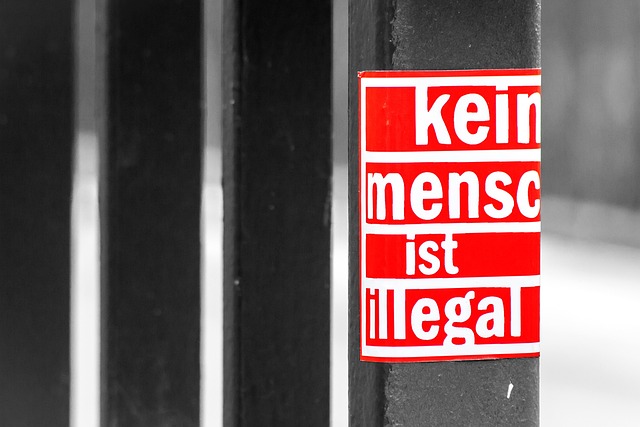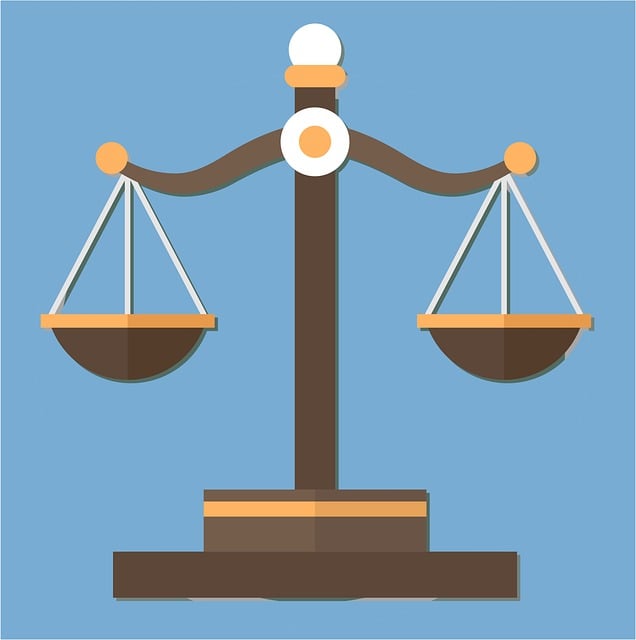Unlawful eviction and harassment in real estate are serious issues, violating tenant rights and causing instability. Signs include unannounced visits, threats, manipulation of locks or utilities, and unauthorized personnel. Tenants should gather evidence and seek legal counsel promptly. Understanding regional tenancy laws and leveraging non-profit legal aid empowers renters to protect their rights and navigate disputes effectively.
In the dynamic landscape of real estate, understanding your rights against unlawful eviction and harassment is paramount. This comprehensive guide navigates the intricate issues surrounding these practices, equipping tenants with vital knowledge to protect their homes and sanctuary. By recognizing signs of potential harm, exploring legal rights, and leveraging available resources, you can fortify your position in the face of such challenges.
Understanding Unlawful Eviction and Harassment in Real Estate

In the realm of real estate, unlawful eviction and harassment are serious issues that can have profound impacts on tenants and their living situations. Unlawful eviction refers to the forced removal of a tenant from a property in violation of local tenancy laws and lease agreements. This can include situations where landlords use intimidating or illegal tactics to force tenants out, such as threatening physical harm, misusing legal processes, or unreasonably increasing rent.
Harassment, on the other hand, is any action by a landlord, their agents, or others in control of the property that creates a hostile environment for the tenant. This can encompass verbal abuse, repeated visits by security personnel, damage to personal belongings, or even false legal claims. Both unlawful eviction and harassment are unacceptable practices designed to exploit vulnerable individuals and families. Understanding these issues is crucial for tenants to protect their rights and know when to seek legal recourse in the real estate market.
Recognizing Signs of Potential Harassment or Eviction

In the real estate sector, recognizing potential harassment or eviction signs is crucial for both tenants and property managers. Unlawful actions can manifest in various subtle ways. Tenants should pay close attention to any sudden changes in their living environment or communication from landlords. This might include frequent and unannounced visits by the landlord or their representatives, threats of eviction without valid reason, or attempts to intimidate or coerce tenants into leaving.
Additionally, keep an eye out for altered lock mechanisms, damaged property, or unauthorized personnel loitering around the premises. In some cases, landlords may try to manipulate utility services or refuse to address essential maintenance requests. If you experience or witness any of these, it could indicate a potential harassment or eviction scheme, prompting you to gather evidence and seek legal counsel for swift action.
Taking Action: Legal Rights and Resources for Tenants

When facing potential unlawful eviction or harassment in the real estate sector, tenants have legal rights and resources available to protect their interests. The first step is to familiarize yourself with local tenancy laws and regulations. These laws vary by region, so it’s crucial to consult official government sources or seek advice from tenant advocacy groups.
Understanding your rights under these laws is essential. Many areas offer tenant protection against arbitrary evictions, ensuring landlords provide just cause for termination. Tenants can also access legal aid and support from non-profit organizations dedicated to protecting renter’s rights. These resources provide guidance on navigating disputes, negotiating terms, and taking appropriate action if their rights are violated.






